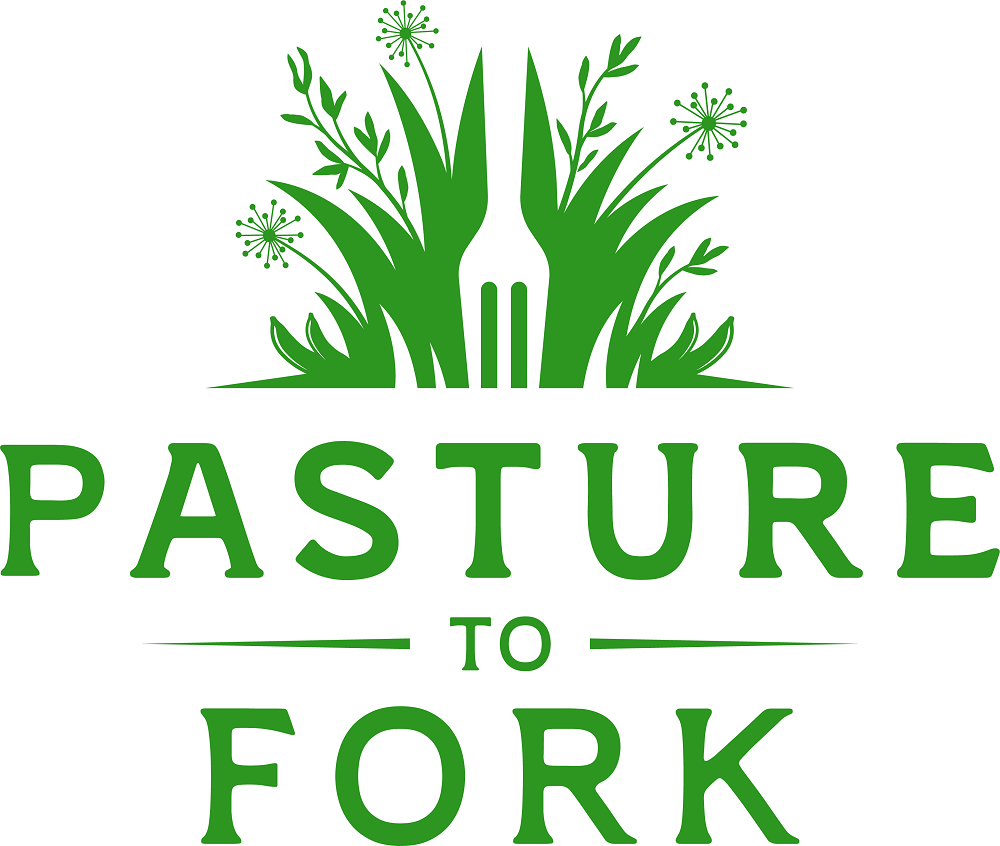Soy-Free
Since the mid-1980's, soybean farming and subsequently, their use in animal feeds, have risen astronomically. In 1985, after 20-ish years of feeding processed animal wastes in the beef feedlot industry, mad cow disease raised its ugly head in the UK and other places in the world. This was related, of course) to the unnatural practice of feeding animal proteins to herbivores as presented by the scientific agro-industrial world. With the advent of mad cow disease, and the subsequent scare and eradication of many herds of cattle in the UK, meat and bone meal, the most common protein used in feeds for omnivores (hogs and chickens) was outlawed in the US and other places in the world. Conveniently, soybean meal was the go-to protein and soybean farming took its place alongside corn as one of the most propagated crops in the western world.
Today, however, upwards of 95% of soybeans grown in the United States are genetically modified to resist to human-gut-destroyer herbicide Glyphosate. This means that soybeans are not killed when sprayed with glyphosate, whereas common weeds are. So not only are non-organic soybeans genetically modified, but they are heavily sprayed with glyphosate as well.
While we have used GMO-free and chemical-free soy products in animal feeds in the past, we have over time become convinced that not only is it not healthy for animals, but even GMO-free soy acts as an inhibitor to vitamins and minerals does affect the quality of the meat from soy-fed animals. Therefore, we have phased out all soy in our animals' feeds to ensure that your food is as healthy and nutritious as possible.
While much has been written about the harm and/or good of soy products, the overriding "good" factor cited is usually that many oriental cultures consume soy freely. While that statement in itself is not quite true, it is true that the Chinese use soy to some extent. However, their more traditional culture has also retained the knowledge of how to presoak or ferment soybeans in order to break down the phytic acids that are harmful to the human gut. For more information, check out Myths & Truths About Soy.




